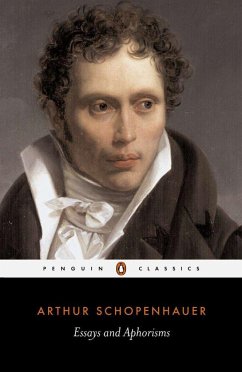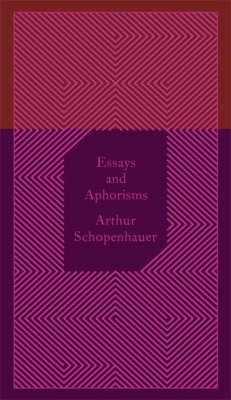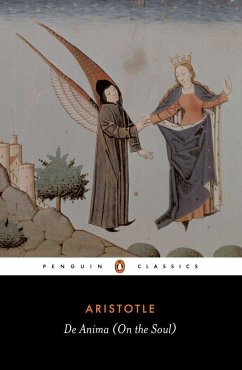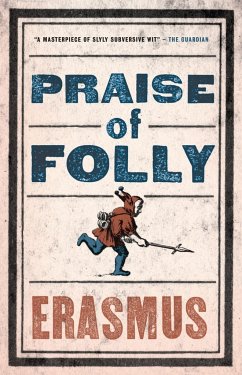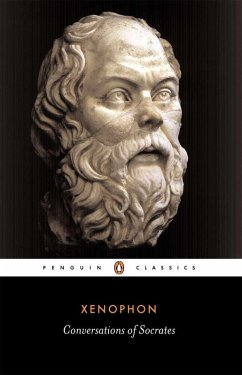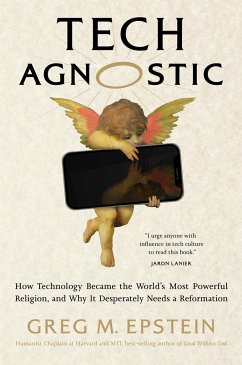
Essays
Versandkostenfrei!
Versandfertig in 2-4 Wochen
16,99 €
inkl. MwSt.

PAYBACK Punkte
8 °P sammeln!
Reflections by the creator of the essay form display the humane, skeptical, humorous, and honest views of Montaigne, revealing his thoughts on sexuality, religion, cannibals, intellectuals, and other unexpected themes. Included are such celebrated works as "On Solitude," "To Philosophize Is to Learn How to Die," and "On Experience."





